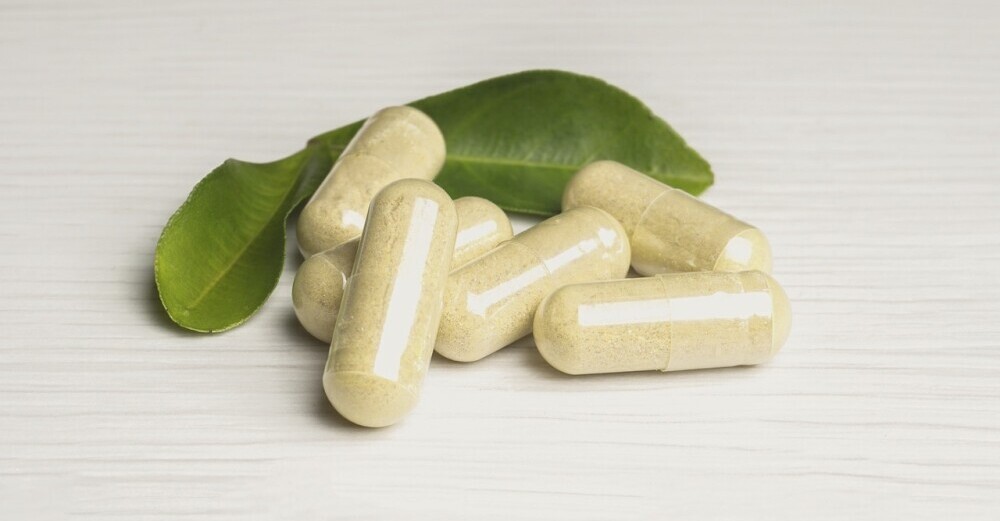
A few years ago, I saw a video on NutritionFacts.org about how Berberine lowers blood sugar levels. Unfortunately, I couldn’t find that video for this article. I remember trying Berberine after seeing that video. However, I never developed the habit of supplementing with it. So yesterday when I saw another video on YouTube about it. I thought I’d do a little research on Berberine for myself and here’s what I found. But please remember this is information not advice. Always talk to your doctor or primary health care provider about any lifestyle changes you plan to make.
Berberine for Blood Sugar Control
Berberine is a plant extract that has a long history of use in traditional Chinese medicine for treating various ailments, including diabetes1. Modern research suggests that berberine may offer several benefits for blood sugar control, including potential weight loss benefits2.
Effects of Berberine on Blood Sugar Levels
Studies have shown that berberine can effectively lower blood sugar levels in people with type 2 diabetes3. One study found that berberine was similar in effectiveness to metformin, a commonly prescribed diabetes medication1. In this study, 36 adults with newly diagnosed type 2 diabetes were randomly assigned to receive either berberine or metformin (0.5 g three times daily) for three months. Both groups experienced significant decreases in hemoglobin A1c (HbA1c), fasting blood glucose (FBG), postprandial blood glucose (PBG), and plasma triglycerides. Berberine may, therefore, be a potential alternative to metformin for blood sugar control1.
Another study involving 48 adults with poorly controlled type 2 diabetes showed that berberine effectively lowered FBG and PBG1. Participants in this study received berberine as a supplement to their existing diabetes treatment for three months. Berberine lowered HbA1c from 8.1% to 7.3%1. Berberine has also been shown to reduce insulin resistance in patients with metabolic syndrome4.
A meta-analysis of 14 studies confirmed the blood sugar-lowering effects of berberine5. This analysis found that berberine was as effective as common diabetes medications, including metformin, rosiglitazone, and glipizide5.
How Berberine Lowers Blood Sugar
Berberine lowers blood sugar through various mechanisms, including: 5
- Increasing insulin sensitivity: Berberine improves the body’s response to insulin, allowing cells to take up glucose more effectively.
- Inhibiting voltage-gated potassium channels: Berberine inhibits these channels in pancreatic β cells to promote insulin secretion3.
- Promoting insulin production: Berberine may stimulate the pancreas to produce more insulin.
- Regulating metabolism: Berberine may help regulate the metabolism of glucose and lipids1.
- Increasing glycolysis: Berberine may increase the breakdown of glucose for energy.
- Reducing glucose production in the liver: Berberine may inhibit the liver’s production of glucose.
- Slowing carbohydrate absorption: Berberine may slow down the absorption of carbohydrates from the gut.
It is important to note that berberine’s glucose-lowering effects are primarily seen in hyperglycemic conditions, which may reduce the risk of hypoglycemia3.
Recommended Dosage of Berberine
While there is no officially established dosage for berberine, most studies have used dosages ranging from 1,000 to 1,500 mg per day. It is typically recommended to take 500 mg three times daily before meals. Because berberine has a short half-life in the body, it is important to spread your dose out throughout the day to experience its full benefits. To minimize potential interactions with liver enzymes, it is recommended to cycle berberine use with an 8-week on, 2- to 4-week off cycle. Combining berberine with cinnamon may increase its bioavailability and further support insulin sensitivity.
Potential Side Effects of Berberine
Berberine is generally safe and well-tolerated. In studies, berberine did not increase the incidence of adverse events or the risk of hypoglycemia3. However, some people may experience mild side effects, such as:
- Nausea
- Abdominal pain
- Bloating
- Constipation
- Diarrhea
- Headache
- Rash
Contraindications
Berberine is considered unsafe for pregnant and breastfeeding women. It may cross the placenta during pregnancy and has been linked to brain damage in newborns.
Berberine Interactions with Other Medications and Supplements
Berberine may interact with certain medications, including:
- Cyclosporine: Berberine may decrease how quickly the body breaks down cyclosporine.
- Medications for diabetes: Taking berberine with diabetes medications may cause blood sugar to drop too low.
- Medications for high blood pressure: Taking berberine with medications that lower blood pressure might cause blood pressure to go too low.
- Medications that slow blood clotting: Taking berberine with medications that also slow blood clotting might increase the risk of bruising and bleeding.
Berberine and Polycystic Ovary Syndrome (PCOS)
Research is currently investigating the potential benefits of berberine for PCOS2. PCOS is a hormonal disorder that can cause insulin resistance, weight gain, and high cholesterol2.
Conclusion
Berberine shows promise as a natural remedy for blood sugar control in people with type 2 diabetes. It works through various mechanisms to lower blood sugar levels, including increasing insulin sensitivity and production, regulating metabolism, increasing the breakdown of glucose, reducing glucose production in the liver, and slowing carbohydrate absorption5. Berberine may be as effective as some conventional diabetes medications, such as metformin, rosiglitazone, and glipizide5. Notably, berberine’s glucose-lowering effects are primarily observed in hyperglycemic conditions, which may reduce the risk of hypoglycemia3. While generally safe and well-tolerated, it is essential to consult a healthcare professional before taking berberine, especially if you are taking other medications or if you are pregnant or breastfeeding7.
While generally safe and well-tolerated, it is essential to consult a healthcare professional before taking berberine, especially if you are taking other medications or if you are pregnant or breastfeeding.
Sources and related content
1. Efficacy of Berberine in Patients with Type 2 Diabetes – PMC
2. Berberine: Benefits, Side Effects, and Weight Loss – WebMD
5. What To Know About Berberine: Benefits, Uses and Side Effects
